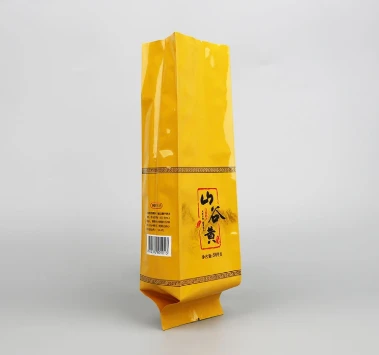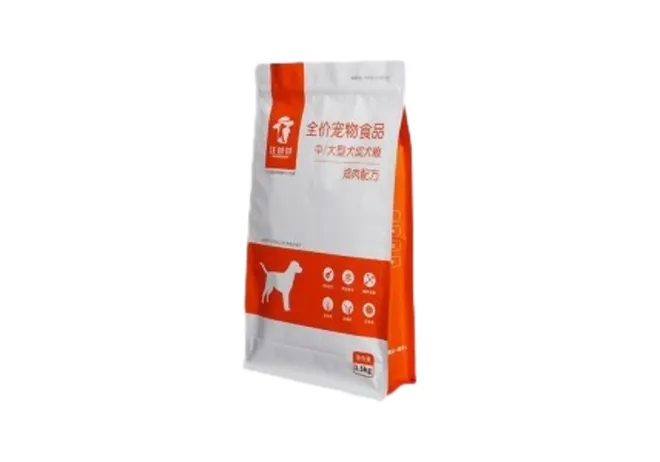Plain HDPE bags, commonly known as high-density polyethylene bags, have become an indispensable product across various industries. Their versatility, durability, and eco-friendly attributes make them a preferred choice for businesses and consumers alike. Understanding the nuances behind HDPE bags can significantly enhance one's ability to make informed purchasing decisions, thus underscoring the importance of this product category.

High-Density Polyethylene (HDPE) bags are distinguished by their impressive strength-to-density ratio, making them both lightweight and robust. Unlike other plastic alternatives, HDPE bags offer superior tensile strength, ensuring they carry heavier loads without tearing. This feature is particularly beneficial for industries requiring dependable packaging solutions, such as the retail, food, and pharmaceutical sectors.
The production process of HDPE bags involves a polymerization technique that results in highly crystalline structures. This manufacturing method contributes to the material's exceptional resilience and resistance to punctures. Additionally, the chemical resistance of HDPE bags makes them ideal for storing a variety of substances, including chemicals and foods, without the threat of contamination.

In terms of environmental impact, HDPE bags represent a more sustainable option compared to traditional plastic bags. They are entirely recyclable and often require less energy to produce. Many manufacturers have initiated closed-loop recycling programs to ensure used HDPE bags are reprocessed into new products, emphasizing their commitment to environmental sustainability.
From a consumer perspective,
plain HDPE bags offer practicality and convenience. They are waterproof, providing protection for goods in adverse weather conditions—a quality that is particularly appreciated in regions with variable climates. Moreover, their smooth surface allows for easy branding and customization, enabling businesses to enhance their market presence and brand recognition effortlessly.
The expertise involved in handling HDPE bags extends beyond simple usage; professionals in logistics and supply chain management often rely on these bags for their reliable performance. The durability and load-bearing capacity of HDPE bags reduce the risk of product damage during transit, thereby enhancing operational efficiency and customer satisfaction.
plain hdpe bag
Authoritative figures in the plastics industry advocate for the adoption of HDPE bags due to their regulatory compliance and safety standards. These bags meet the stringent requirements set forth by food safety organizations, ensuring they are safe for contact with consumables. This compliance reinforces consumer trust and provides businesses with a competitive edge in the market.
Establishing trustworthiness in the use of HDPE bags involves transparency in the provenance and lifecycle of the product. Reputable manufacturers provide certifications and traceability information, allowing consumers and businesses to track the environmental footprint of their purchase. By opting for HDPE bags from trusted sources, users contribute to a more sustainable supply chain and promote responsible production practices.
One real-world example highlighting the utility of HDPE bags is their application in grocery stores. Supermarkets across the globe have transitioned to HDPE bags due to their robustness and cost-effectiveness. Customers consistently report a preference for HDPE bags over paper or low-density options, citing their superior durability and capacity as decisive factors.
In sum, plain HDPE bags stand out as a staple in modern packaging solutions due to their formidable combination of strength, recyclability, and adaptability. As the world gravitates towards sustainable and efficient practices, HDPE bags provide a logical choice for a wide array of applications. Their continued development and optimization will likely enhance their viability, ensuring they remain a top contender in the packaging industry for years to come.
For businesses seeking to optimize their packaging solutions, transitioning to plain HDPE bags presents numerous advantages—combining economic, environmental, and practical benefits. By leveraging the expertise of seasoned manufacturers and prioritizing sustainability, companies can ensure they remain at the vanguard of innovation and consumer satisfaction.